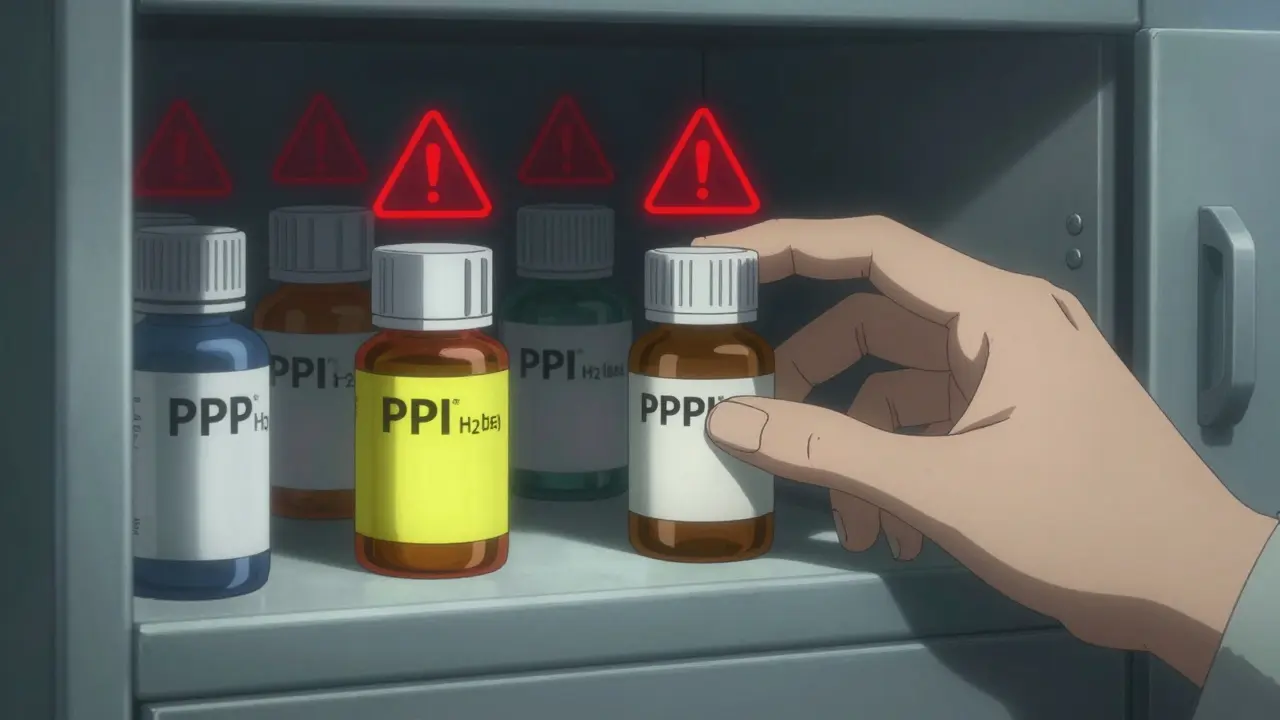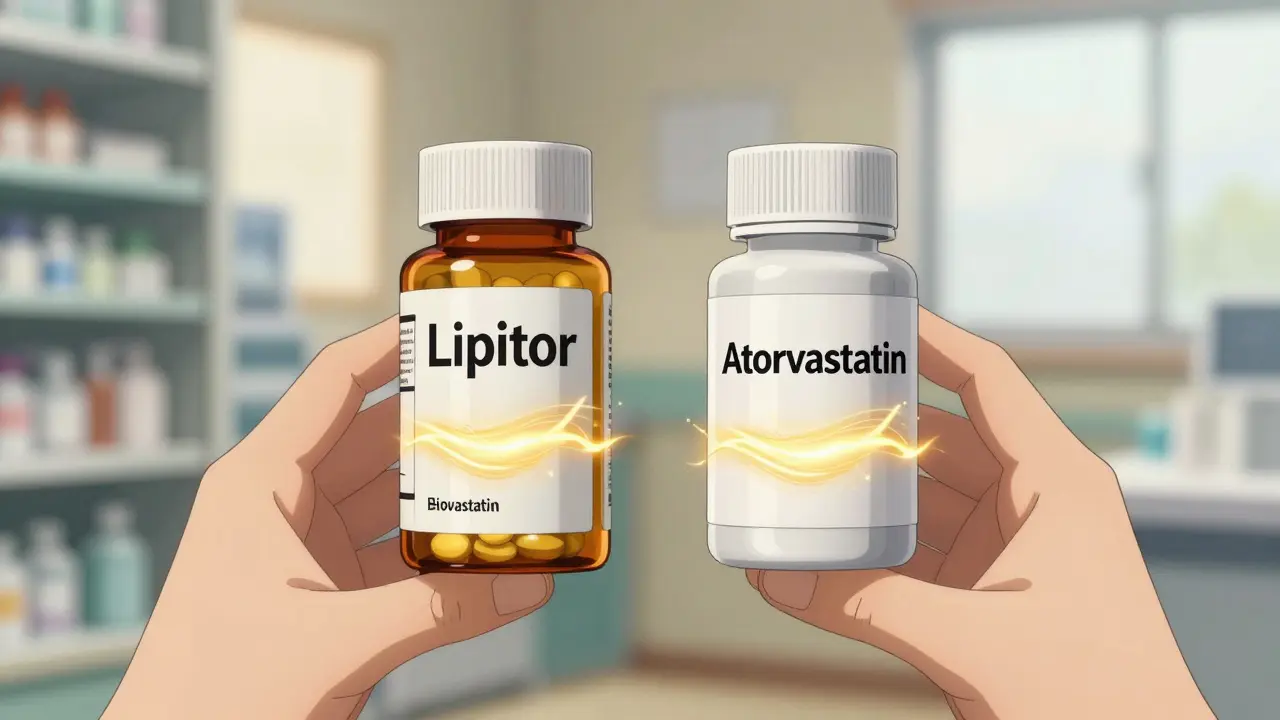HEPA Filter: What It Is and Why You Need One
Ever wonder why dust still settles on your shelves even after you vacuum? Most of those specks are tiny enough to slip past regular filters. That’s where a HEPA filter steps in. It catches particles as small as 0.3 microns – that's about 300 times smaller than a human hair. The result? Cleaner air you can actually feel.
How HEPA Filters Work
HEPA stands for High Efficiency Particulate Air. Inside the filter, a dense web of fibers creates a maze. Air has to weave through this maze, and the fibers trap particles by three main actions: interception, impaction, and diffusion.
Interception catches particles that brush close to a fiber and stick. Impaction happens when larger particles crash straight into a fiber and can’t bounce back. Diffusion deals with the tiniest particles that move erratically, bumping into fibers several times before they’re caught. The combined effect wipes out most pollen, pet dander, mold spores, and even some bacteria.
Because the filter doesn’t rely on chemicals, it won’t release anything back into the room. You just need to replace it when it gets dirty – usually every 6 to 12 months depending on use.
Choosing the Right HEPA Filter
Not every HEPA filter is built the same. First, check the rating. True HEPA filters capture at least 99.97% of 0.3‑micron particles. Some products market themselves as “HEPA‑type” or “HEPA‑style” but fall short of that number. Always look for the 99.97% claim.
Next, think about the size of the space you want to clean. Manufacturers provide a Clean Air Delivery Rate (CADR) that tells you how fast the unit can filter the air. Match the CADR to the square footage of your room – a higher CADR means quicker cleaning.
Noise matters too. Fans that push air through a dense filter can get loud. Look for models that list a decibel rating and read user comments for real‑world noise levels.
Finally, consider maintenance cost. Some filters are reusable after a wash, while others are disposable. Reusable filters save money but need regular cleaning to stay effective.
In short, a good HEPA filter grabs the tiniest dust, allergens, and microbes, giving you fresher air without chemicals. Pick a true‑HEPA rated unit, match the CADR to your room size, and keep an eye on noise and upkeep. With those basics, you’ll breathe easier and notice the difference right away.

Best Home Air Filters for Allergies: Guide to Choosing the Right One
Struggling with sneezing and itchy eyes at home? Discover how to choose the best air filter to defeat stubborn seasonal allergies and breathe easy indoors.




